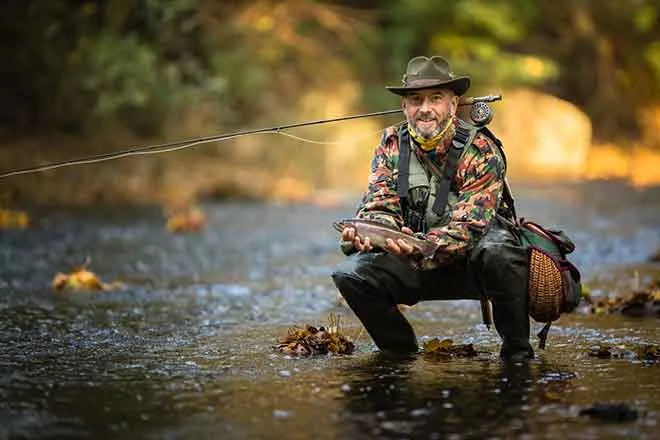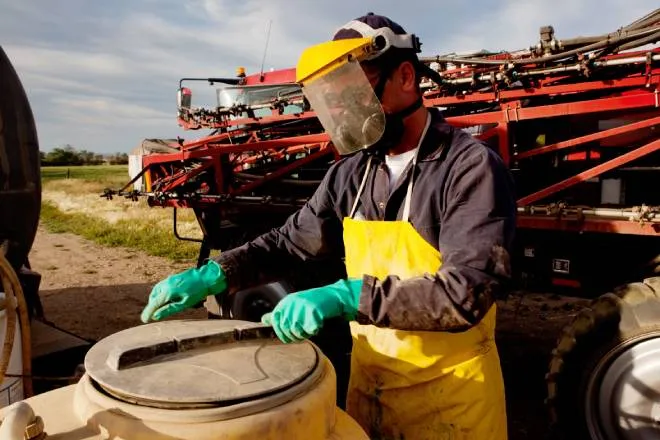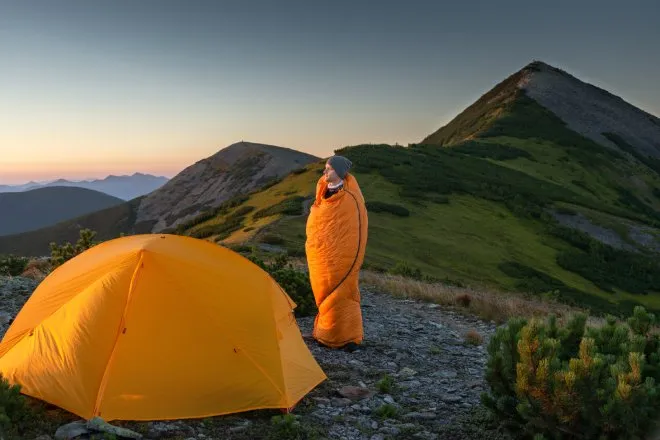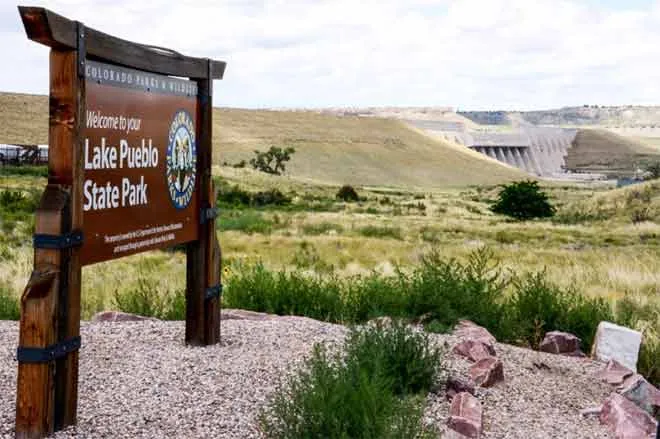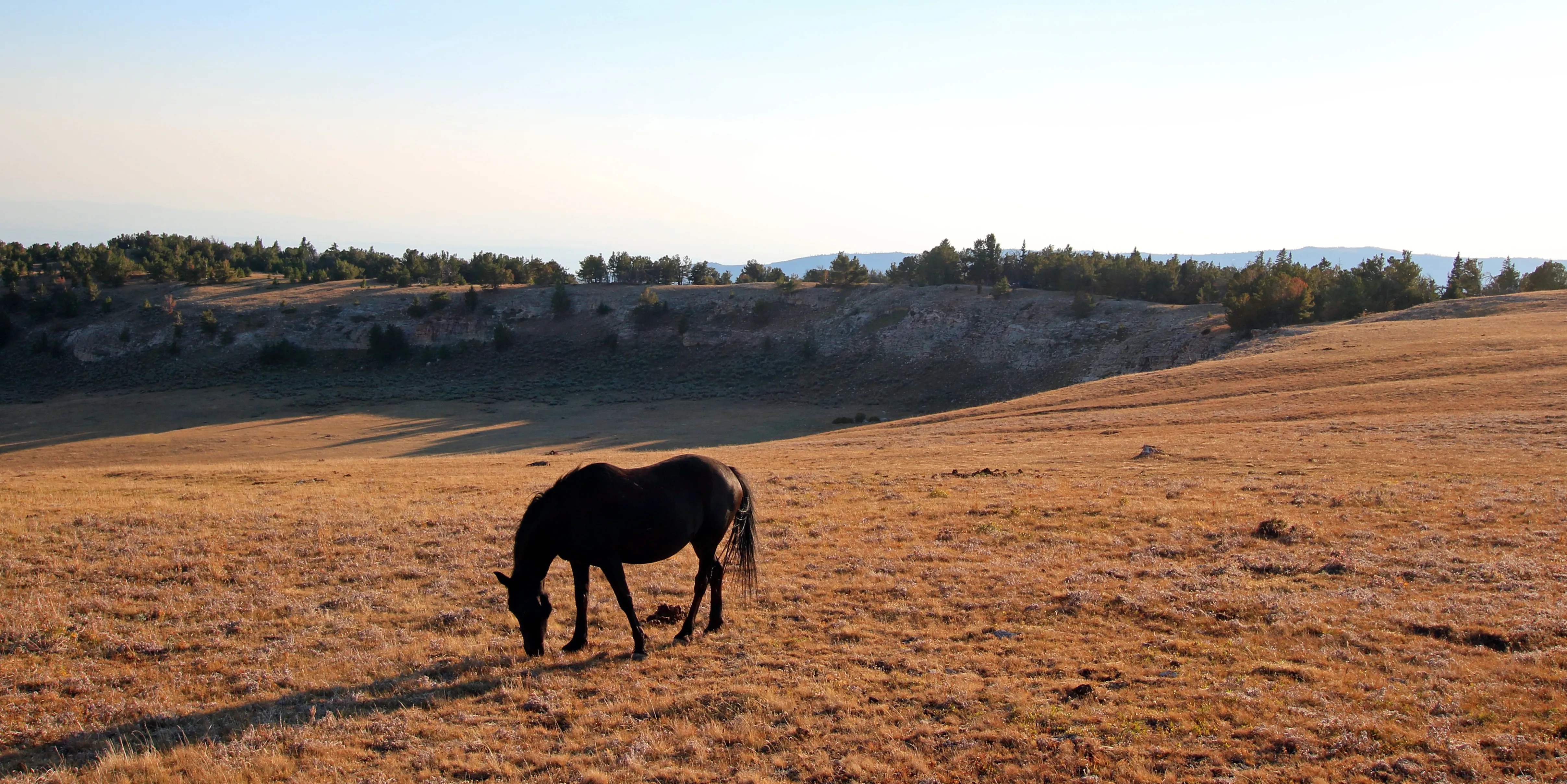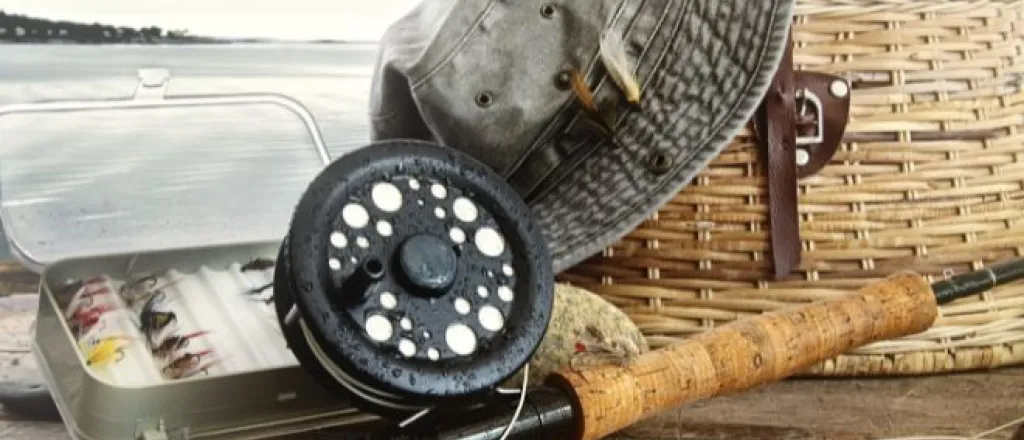
What you should know before your first season of fly fishing
Are you trying fly fishing for the first time soon? Great! Before you get to casting and reeling in your next trophy fish, here are some key things you should know about before your first fly-fishing season.
Less is more (for casting)
Fly casting is more of an art than it is a science. In typical rod fishing, an angler can put a little extra oomph into their cast if they want it to reach further, but that’s not the case with fly fishing.
One of the most common beginner mistakes for fly anglers is they try to muscle their cast where they want it to go and end up spiking it into the water repeatedly. If you want your cast to go further, a light touch is more important than raw power. Don’t worry if you struggle at first with finding the right touch—you’re not the first nor the last!
Read the water conditions
As an angler, you’ll find that most fly fishing is reading the water and weather conditions to determine whether the fish will be out and hungry. The temperature, depth, and speed of water and stream are critical to trout and bass activity, so stay abreast of the water conditions before you set out to snag some fish.
Pro Tip: Find a local fly shop—they typically post daily stream conditions of popular fishing spots.
Also, keep an eye on the weather in the area you’re fishing leading up to your expedition. Has there been a lot of rain in the area, or has it been unseasonably hot? You’ll find that the weather has more to do with your ability to hook a fish than your casting skills!
Respect the environment
As anglers who interact and procure from the waterways, we also must watch out for the environment and take care of it as well as we can. One of the biggest problems facing many streams and rivers is the overrun of alien species.
As anglers who frequent the waterways, we must do what we can to slow the spread of invasive species. Know the regulations and decontamination procedures for your local channels before your first season of fly fishing, and always follow them strictly so that you’re not responsible for spreading contamination.
Timing is everything
Along with the weather, the time of day is a significant factor in how successful your fly-fishing experience will be. Mayflies and other flies that fish eat aren’t typically hatching around in the middle of the day when the sun is at its hottest.
Flies typically are most active at dawn or dusk when there’s some light, but the air and water are cooler. You may still find success during the day, but odds are the stream will be more active before or after the sun has made its appearance.
Smaller flies are typically better
A familiar misconception beginner fly anglers make is that the bigger the fly, the better. But an experienced angler will tell you that the smaller fly is the better option in many cases.
Size is the most crucial characteristic in the success of a fly—more so than shape or color. And fish are smart—if they see a fly that seems unnaturally big, they’ll stay away. If you’re struggling to hook a trout, consider decreasing fly size.

